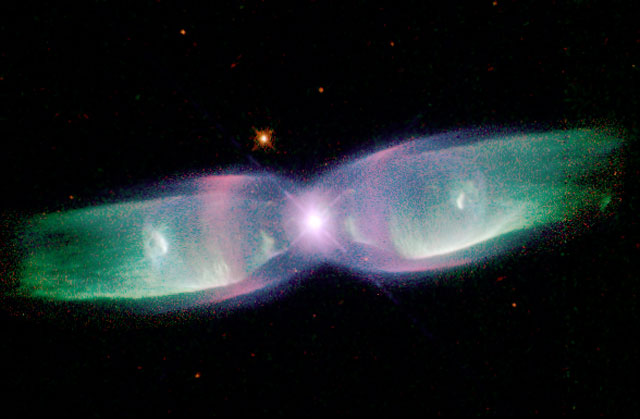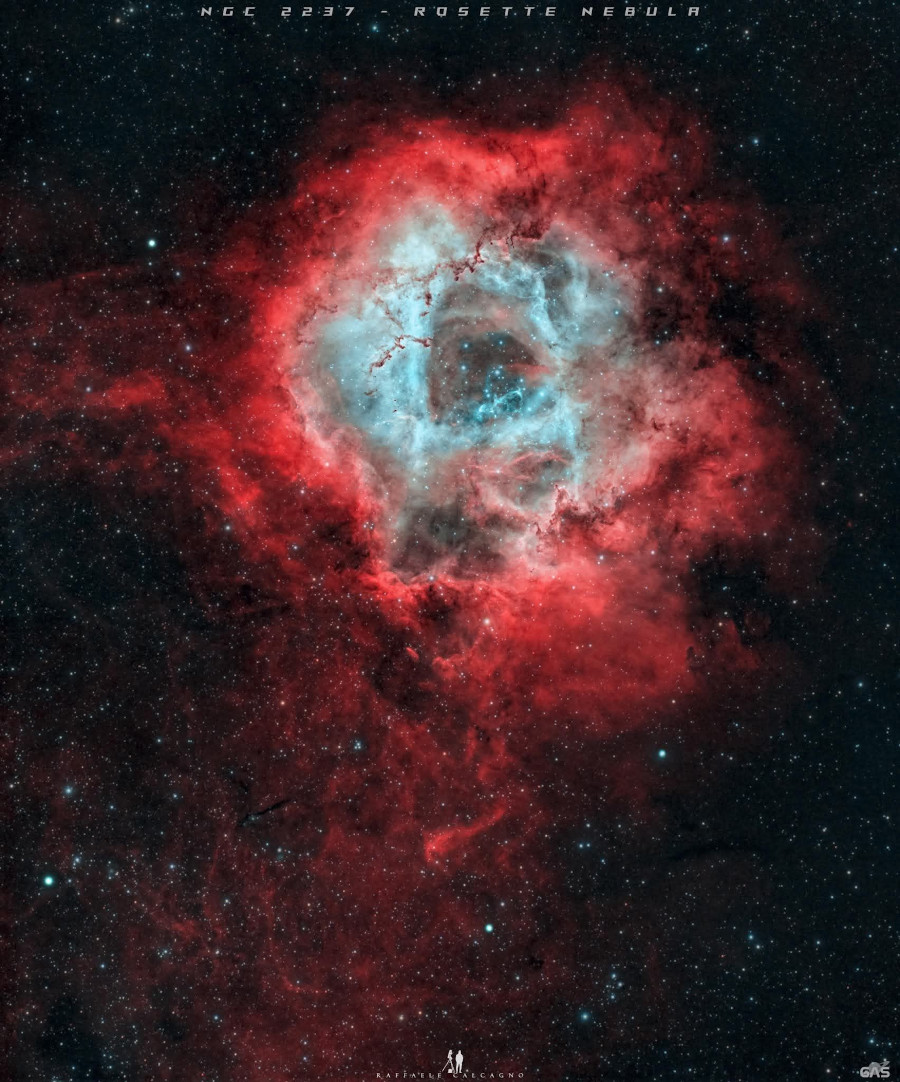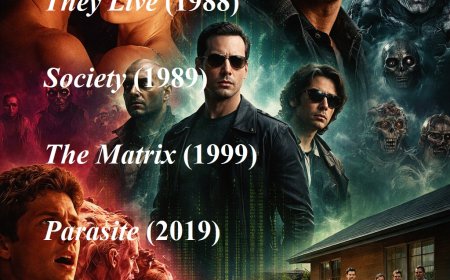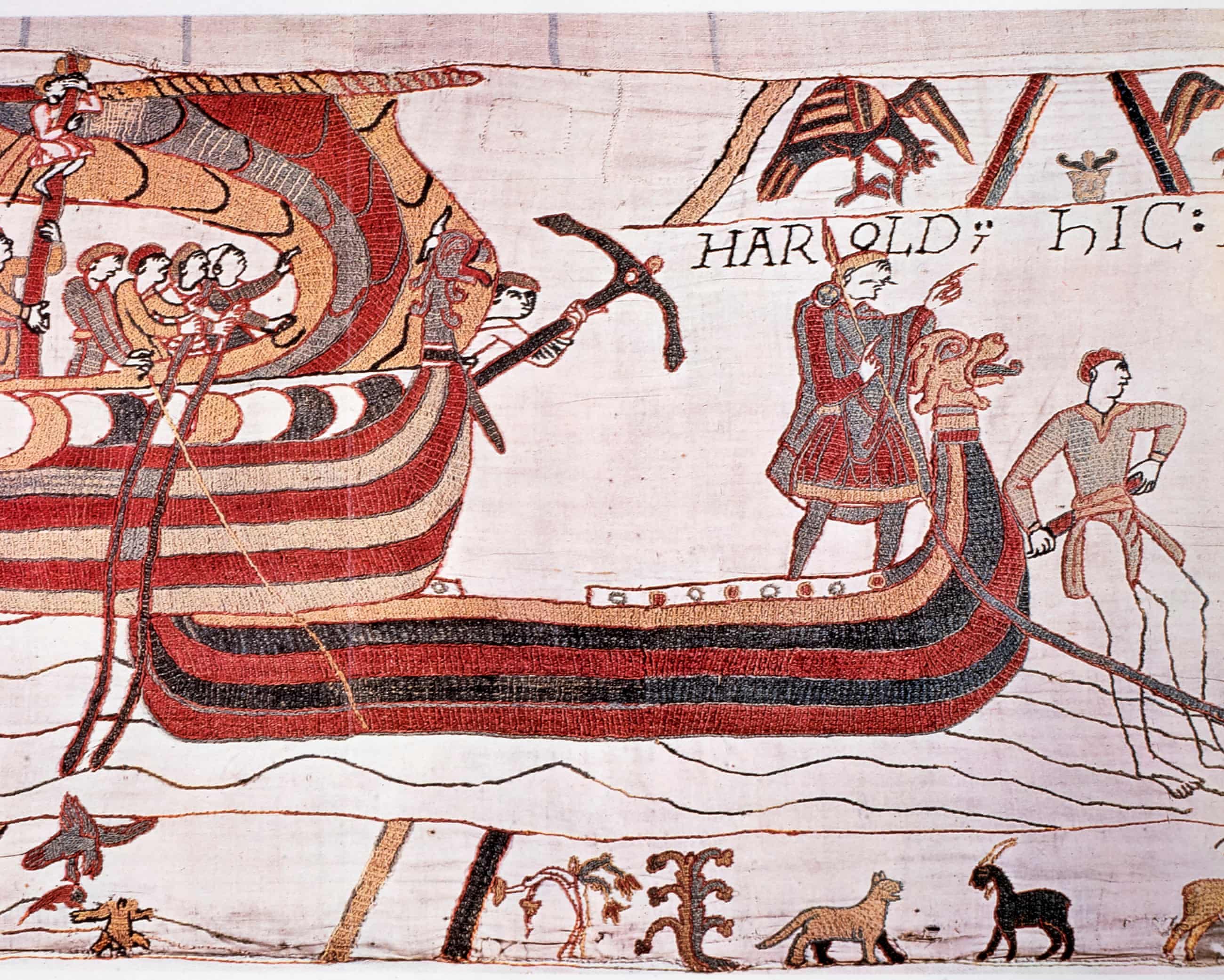Right to criticise Islam is protected under British law, judge rules
Patrick Lee wins employment tribunal which supporters hope will slow down Government rollout of Islamophobia definition

The view that Islam is problematic and should be criticised is a protected belief under equalities law, a judge has ruled.
Patrick Lee, 61, was found guilty of misconduct by the Institute and Faculty of Actuaries (IFoA) last April over posts on X. After a four-year disciplinary process, he was banned from the professional body and ordered to pay nearly £23,000 in costs.
The trade body ruled that 42 of his posts that criticised Islam, including calling the Prophet Mohammed a “monster”, were “either offensive or inflammatory or both”, adding that 29 were “designed to demean or insult Muslims”.
But following an employment tribunal hearing, the actuary has won legal protection for his beliefs.
It is the first time a court has ruled that “Islam-critical” beliefs are protected under the Equality Act 2010. Previous claimants had been told such views were not “worthy of respect in a democracy”.
The decision follows a 2021 ruling that Maya Forstater’s gender-critical beliefs were protected under the same law.
Ms Forstater later won her discrimination claim and her case has reshaped public debate on gender ideology. Mr Lee, whose final hearing in February will decide whether his posts on X were an expression of his protected belief and whether the regulator discriminated against him, thinks his case could have a similar impact.
He told The Sunday Telegraph: “I hope that it will embolden other people to speak up, and it will stop employers and regulators from gagging people when they’re making valid criticisms of Islam.”
On Saturday night, Lord Young of Acton, the head of the Free Speech Union, said the decision was an “important victory”.
“This landmark judgment will make it much harder for the Government to roll out an official, state-approved definition of ‘Islamophobia’,” he said.
Mr Lee, an atheist who has long criticised abuse carried out in the name of religion, argued that his view “that Islam, particularly in a traditional form – rather than a reformed, modernised, moderate and Westernised form – is problematic and deserving of criticism” qualified as a protected philosophical belief under the Equality Act.
Employment tribunal judge David Khan agreed. In a written judgment handed down on Monday, he found Mr Lee “a reliable witness because he gave cogent, consistent and credible evidence” and accepted that he “is (and was at all relevant times) critical of certain Islamic doctrines and practices, and not to individual followers of Islam or to the Islamic faith/religion at large”.
The judge also accepted that Mr Lee believed “these doctrines and/or their interpretation require urgent reform”.
In court, Jon Holbrook, Mr Lee’s barrister, acting pro bono, successfully argued that both his client and Ms Forstater “have beliefs that some may consider ‘offensive and abhorrent’ but their respective beliefs do not ‘on any view’ seek to destroy the rights of either trans persons or Muslims”.
He said “Islam-critical” was “a reasonable and non-pejorative description” of his client’s belief.
The ruling has been delivered amid wider debate about religious sensitivity and the limits of free expression. Ministers are still considering a definition of “anti-Muslim hate”, which is expected to omit the contentious term “Islamophobia”.
Speaking publicly for the first time, Mr Lee said he felt compelled to defend his right to question Islamic teachings despite his five-year ordeal.
“I’m the wrong person for the Institute and Faculty to have picked on, because I believe really strongly you have to speak up about these things,” he said.
He claimed that the cover-up of child sexual exploitation by Pakistani men in Rotherham showed the danger of avoiding scrutiny over cultural sensitivity concerns.
“I’m speaking up about the sort of things that many people in the country are concerned about. And it’s wrong, as we saw with the Rotherham grooming gang scandal, for people to keep quiet. Because that actually costs lives,” he said.
Mr Lee had been a member of the IFoA for 34 years, having previously served on its council and management board.
In September 2020, an unnamed executive officer at the regulator referred his social media conduct for investigation. A month later, the Islamophobia Response Unit, a UK charity, also lodged an external complaint about his tweets.
A disciplinary tribunal later found that his X posts breached the “Integrity principle” of the Actuaries’ Code, as he had “failed to show respect for others… in circumstances where [his] conduct could reasonably be considered to reflect upon the reputation of the actuarial profession as a whole”.
From the outset, Mr Lee insisted that he had done nothing wrong. “You don’t show respect for really bad things,” he said.
He told The Telegraph: “I’m not saying that all Muslims behave in a particular way, not at all. I’m saying that, without reform, Islam is incompatible, in many ways, with lots of our human rights.
“There are verses in the Quran and in the Hadith [Islam’s second most important text], that say wife-beating is OK, that say child-marriage is OK, that sexual slavery and torture is OK. All these things are crimes under UK law.”
Mr Lee submitted that his belief was based on “reasoned analysis rather than prejudice”, citing his record of charitable donations to causes helping predominantly Muslim communities, including around £30,000 to Iran Aid in the 1990s and early 2000s. More recently, he has donated to the UK charity Free From Fear, which assists Afghans fleeing the Taliban.
He also argues that his tweets are a manifestation of his protected belief.
In one post from May 2020, which the IFoA took issue with, he wrote: “I would agree that the Islamic Republic is as dangerous as a virus & more evil: the virus is not sentient. But isn’t #Islam the real cause? Is a religion whose founder (according to its own sacred texts) ordered people to be *tortured to death* not evil? #SpeakUpAboutEvil.”
He was responding to Masih Alinejad, an Iranian activist who had called Tehran’s regime “a bigger virus” than Covid.
Mr Lee said: “Hence my saying that the Islamic Republic is a ‘worse virus’ and it’s more evil – because the virus doesn’t deliberately harm, it is not sentient. Whereas the Islamic Republic deliberately harms families.”
To support his claim, his tweet included a Hadith passage apparently describing the Prophet ordering the mutilation and blinding of thieves left to die in the sun.
In his witness statement, Mr Lee cited figures from Winston Churchill to historian Tom Holland and Yasmine Mohammed, a Canadian human rights activist, to show his views were part of a “broader intellectual tradition of critically examining religious doctrines and their compatibility with democratic values”.
At the tribunal, the IFoA argued that Mr Lee’s views were not a genuinely held philosophical belief under section 10 of the Equality Act, claiming his “true belief” was “substantially more extreme” than pleaded.
The regulator argued that his tweets calling Islam “backward”, “a con trick”, “a dangerous cult”, “the root of the evil” and “morally unjustifiable” were evidence of this.
Mr Lee countered that “in the absence of a blasphemy law, I do not understand on what basis my criticism of Islam cannot in a democracy be protected”.
He said that to suggest otherwise “would be advocating for a blasphemy law to protect Islam that does not exist, and which should not exist in a democracy”.
Mr Lee added: “Moreover, if someone described Christianity as ‘morally bankrupt’, a ‘dangerous cult’ and a ‘2000-year-old con trick’ or described Jesus Christ as a ‘monster’ then I doubt many in authority would bat an eyelid.”
Final hearing in February
Judge Khan ruled that Mr Lee’s belief qualified for protection, with a final seven-day hearing in February to decide whether his tweets were an appropriate manifestation of that belief.
The judgment suggested they could be, stating: “However, I do not find that these tweets and the pleaded belief are mutually exclusive. Nor incompatible.
“I find that the claimant’s evidence in relation to these tweets, that he was inveighing against the offending doctrines and practices because they continued to be treated as authentic and officially sanctioned by Islamic leaders, was not inconsistent with the pleaded belief.”
On Saturday, Douglas Murray, an author whose books are also quoted in Mr Lee’s witness statement, welcomed the ruling: “If Mr Lee had made the same comments about a Jewish or Christian prophet, he would never have found himself in any trouble. In fact, he’d have probably been offered a book contract and a slot on Thought for the Day.
“But our society has lived for years with a de facto blasphemy law when it comes to Mohammed and the foundations of the Muslim faith.”
A spokesman for the IFoA said: “Under its Royal Charter, the IFoA has a responsibility to regulate the actuarial profession in the public interest.
“The IFoA’s independent disciplinary process operates to ensure that the public has confidence in the work of actuaries and that the reputation of the actuarial profession is safeguarded.
“We acknowledge the decision of the employment tribunal at this preliminary hearing but are unable to comment further while proceedings remain ongoing.”
This judgment makes the Government’s official definition of ‘Islamophobia’ pointless
By Toby Young
Congratulations to Patrick Lee and his legal team. By persuading Employment tribunal judge David Khan that Patrick Lee’s “Islam-critical” beliefs are protected under the Equality Act, they have won an important victory for free speech.
In particular, this landmark judgment will make it much harder for the Government to roll out an official, state-approved definition of “Islamophobia” and encourage public bodies like the Institute and Faculty of Actuaries (IFoA) – the respondent in this case – to take it up.
After this judgment, how can the Government hope to prohibit “Islamophobia” or “anti-Muslim hatred”, given that its definition, however tightly drawn, is bound to include describing Islam as “backward”, “a con trick”, “a dangerous cult”, “the root of the evil” and calling the Prophet Mohammed a “monster”?
Lee was banned from membership of the IFoA for two years and ordered to pay the regulator’s costs of £23,000 for saying all of those things after it received a complaint from, among others, a charity calling itself the Islamophobia Response Unit. Yet the employment tribunal has ruled that his “Islam-critical” beliefs are protected.
Admittedly, he has not yet won outright. In the next stage of the case – which the Free Speech Union is funding – the tribunal will have to decide whether Lee’s manifestation of his protected “Islam-critical” beliefs, i.e. the tweets in which he expressed them, was appropriate. But the judge in the first stage has indicated he thinks they were.
He said: “I do not find that these tweets and the pleaded belief are mutually exclusive. Nor incompatible.”
Another reason for hesitating before declaring victory is that judgments in the employment tribunal do not set binding legal precedents. The reason the verdict in Maya Forstater’s case had such far-reaching consequences is because she won in the employment appeals tribunal, having initially lost in the lower court.
Nevertheless, Judge Khan’s decision can be cited in other employment tribunal cases and the fact that Lee’s “Islam-critical” beliefs have been given protected status will be persuasive. In future, anyone penalised for saying something “Islamophobic” – whether by a regulator, an employer or a university – will be able to point to this judgment. That renders the Government’s efforts to roll out an official definition of “Islamophobia” largely pointless.
The Free Speech Union has been at the forefront of the campaign to get the Government to drop this plan and an important part of our case is that being critical of Islam, even if you express those criticisms robustly, as Lee did, is not tantamount to harassing individual Muslims. The judge in this case grasped the point, accepting that Lee was “critical of certain Islamic doctrines and practices”, but not of “individual followers of Islam”.
In case after case that we’ve fought, this distinction is blurred, with people being penalised for disrespecting the holders of certain beliefs when, in fact, they’re only guilty of disrespecting those beliefs.
It should be obvious that if you conflate criticism of someone else’s beliefs with harassment – which is prohibited by the Equality Act – that will have a profoundly chilling effect on free speech.
Yet time and again we’ve had to remind people of this, the most recent example being the case of Hamit Coskun, the Turkish political refugee who burnt a copy of the Quran outside the Turkish consulate. He was convicted of a religiously aggravated public order offence because, according to the judge in Westminster magistrates’ court, his behaviour was targeted at individual followers of Islam, not just the religion.
He said: “It is not possible to separate his views about the religion from his views about its followers.”
Luckily, the High Court judge who heard his appeal last month disagreed. “Burning a Quran may be an act that many Muslims find desperately upsetting and offensive,” Mr Justice Bennathan said in another landmark judgment. “The criminal law, however, is not a mechanism that seeks to avoid people being upset, even grievously upset. The right to freedom of expression, if it is a right worth having, must include the right to express views that offend, shock or disturb.”
That is a crucial principle that Judge Khan has also upheld and it’s why we should all oppose the Government’s efforts to ban “Islamophobia”. In a free society, we should be able to vigorously criticise all beliefs, including the most deeply felt, however irksome that is to the holders of those beliefs.
Treating everyone with respect is something few people would disagree with, including me. But that is not the same as respecting their beliefs and the sooner we grasp that distinction, the better.
[Source: Lord Young of Acton is the general secretary of the Free Speech Union.]
[Source: Daily Telegraph]


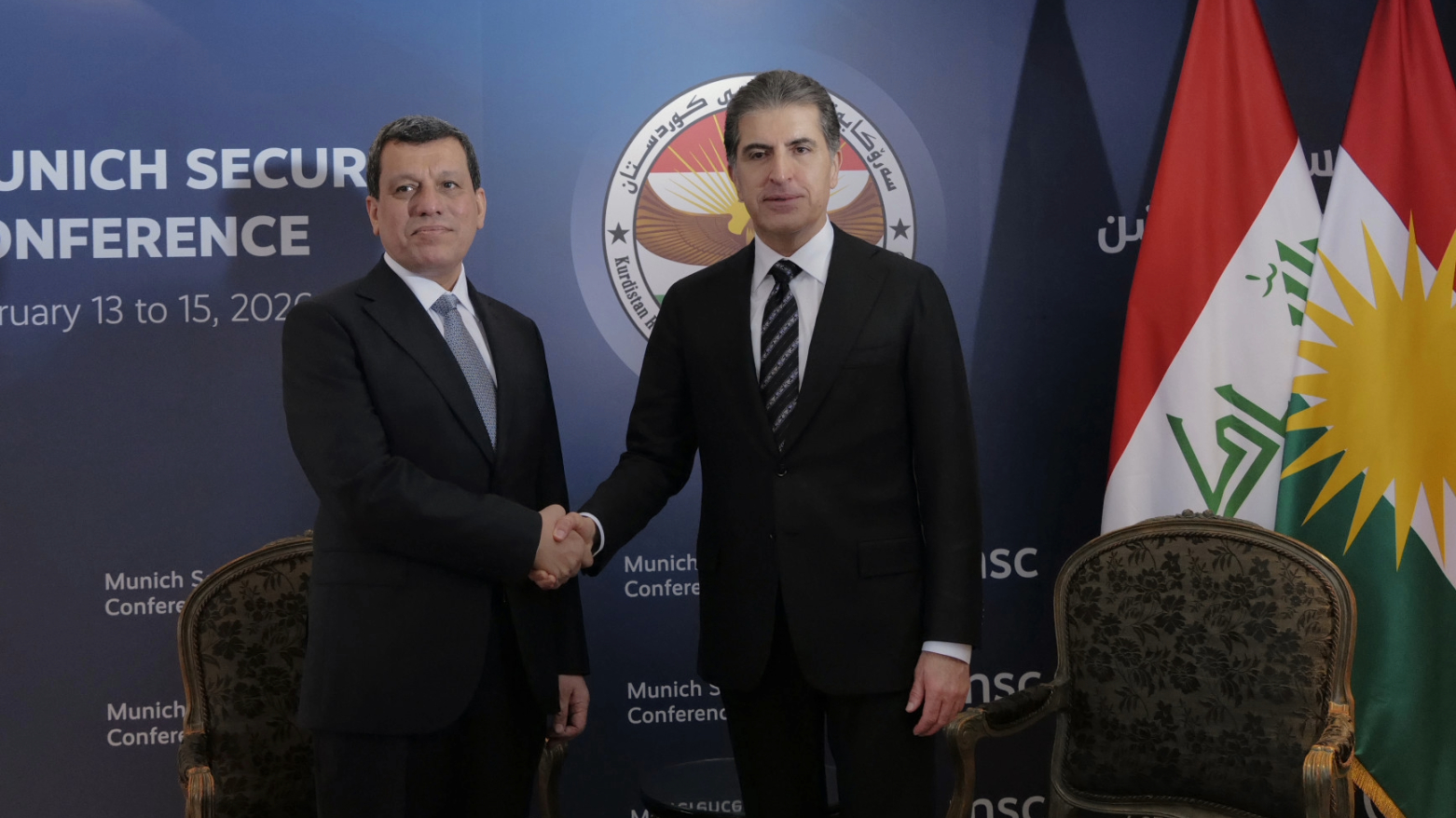

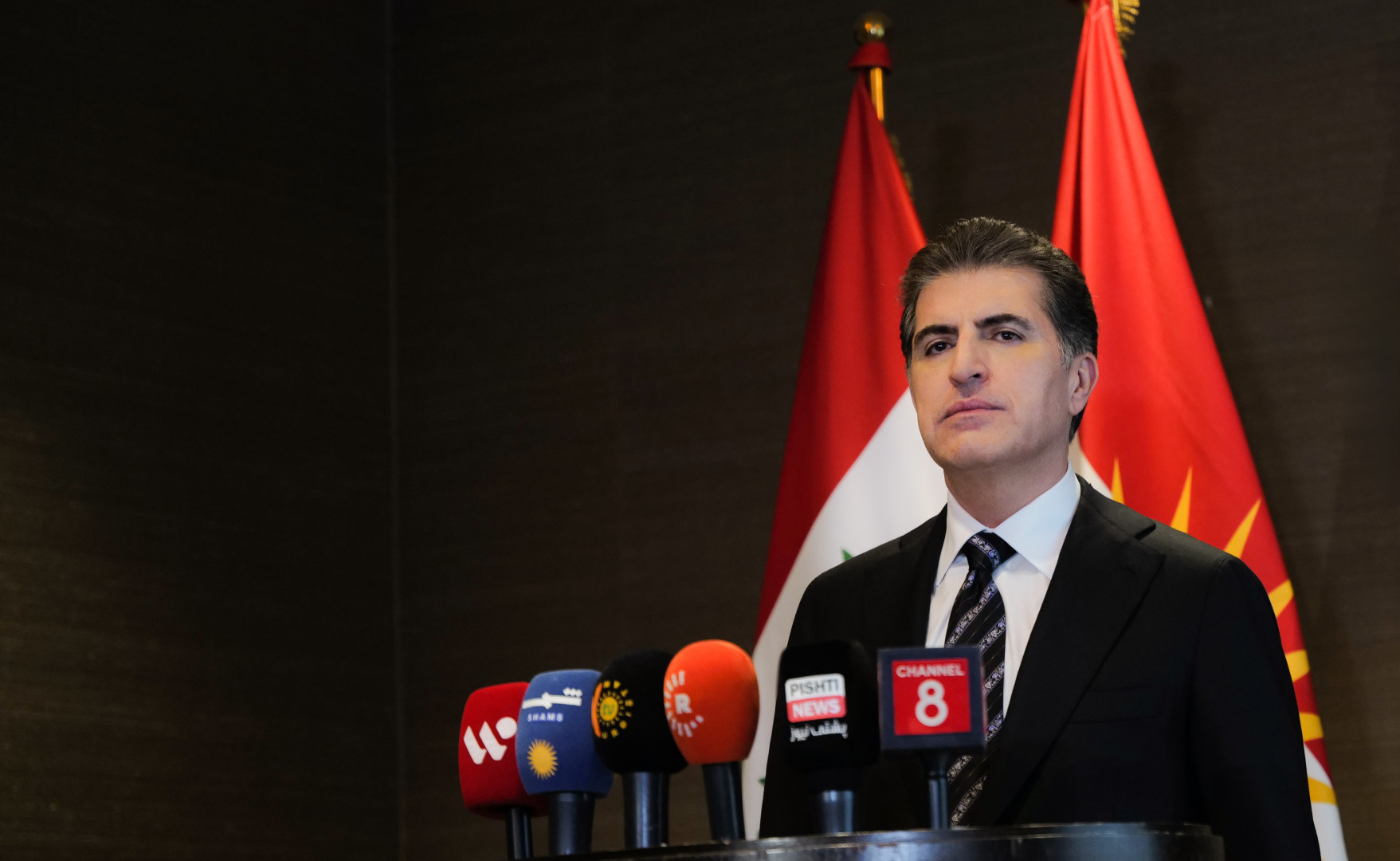






/file/attachments/orphans/AWS_Data_Center_Interior_4_838807.jpg)






/file/attachments/2988/P1YoungLeaders_622876.jpg)









